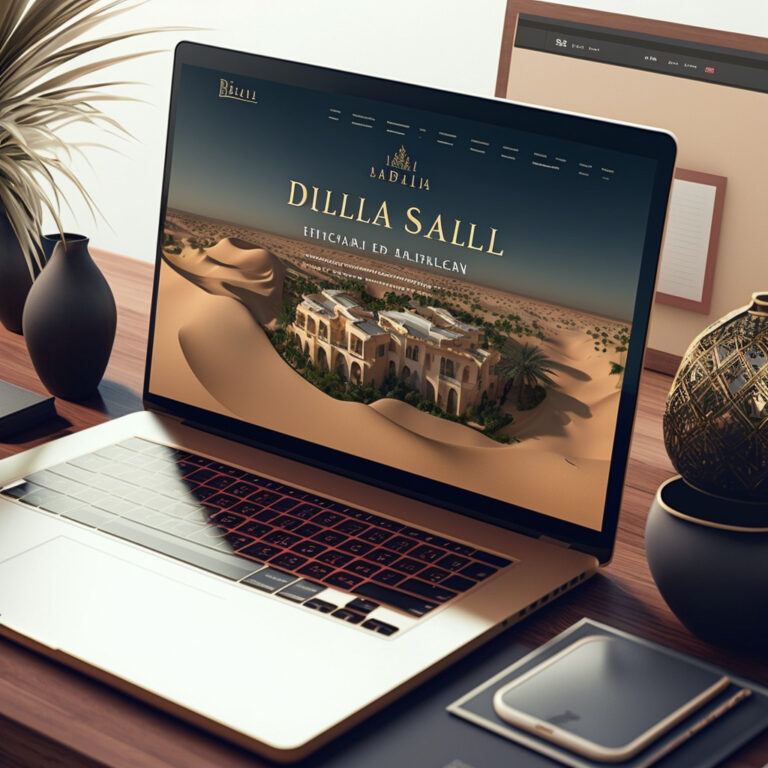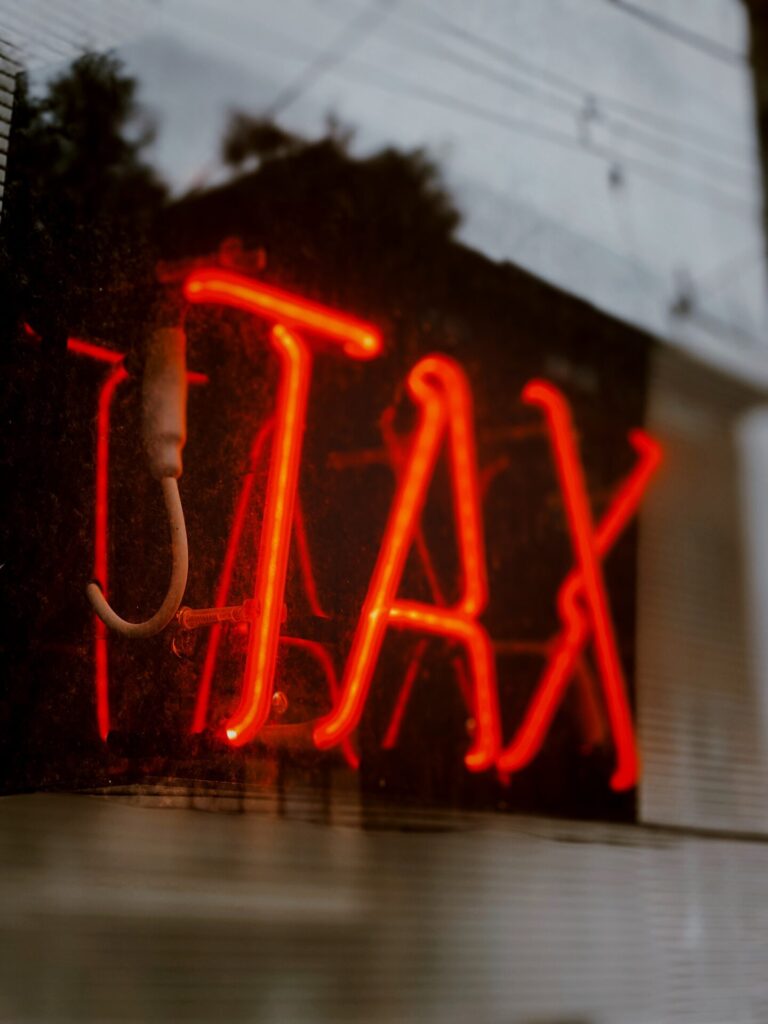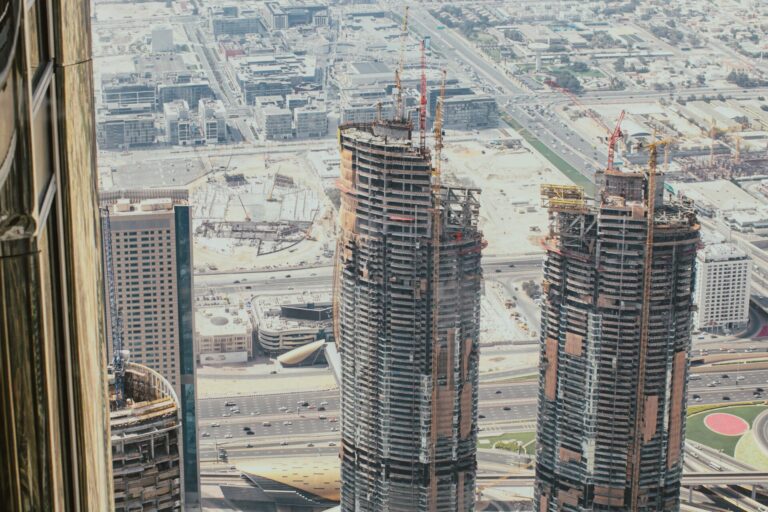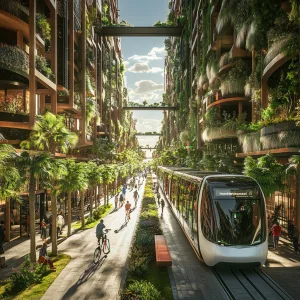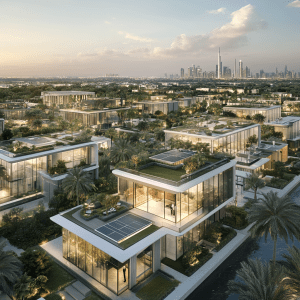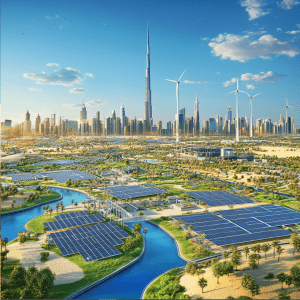Dubai is a vibrant and rapidly growing city that has attracted investors from around...
Month: April 2023
Dubai is known for its luxurious lifestyle and stunning architecture, but it’s also a...
Dubai’s real estate market has been booming in recent years, making it an attractive...
Dubai, a global city and business hub in the United Arab Emirates, is a...
Passive income is the money earned without active involvement in the income-generating activity. Dubai,...
